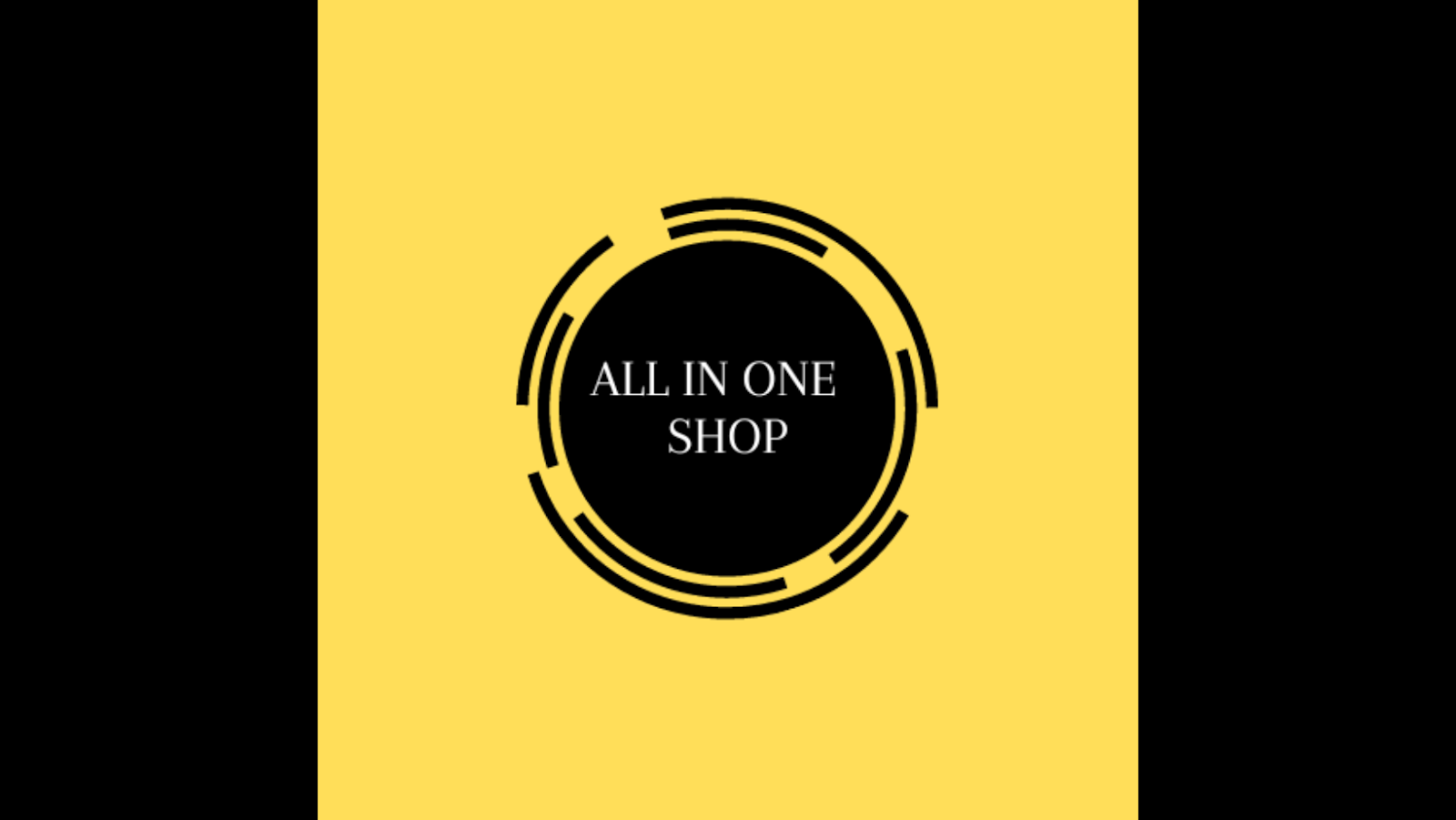What Are the Essentials of Digital Marketing?
What is Digital Marketing?
Digital Marketing is the promotion of products, services, or brands using digital channels such as the internet, social media, search engines, email, and mobile apps. Unlike traditional marketing, it allows for real-time engagement, precise targeting, and measurable results.
Key Components of Digital Marketing
-
Search Engine Optimization (SEO)
-
Optimizing websites to rank higher on search engines like Google.
-
Includes keyword research, on-page optimization, technical SEO, and backlinks.
-
-
Pay-Per-Click Advertising (PPC)
-
Paid ads on platforms like Google Ads, Bing Ads, or social media.
-
You pay only when someone clicks on your ad.
-
Quick traffic generation and measurable ROI.
-
-
Social Media Marketing
-
Promoting brands on platforms like Facebook, Instagram, LinkedIn, TikTok, and Twitter.
-
Includes organic posts, paid ads, influencer collaborations, and community building.
-
-
Content Marketing
-
Creating valuable content (blogs, videos, infographics, podcasts) to attract and retain customers.
-
Helps in brand authority and SEO.
-
-
Email Marketing
-
Sending targeted emails to nurture leads or engage customers.
-
Examples: newsletters, product updates, or personalized offers.
-
-
Affiliate Marketing
-
Partnering with affiliates who promote your products in exchange for a commission.
-
Common in e-commerce and software industries.
-
-
Influencer Marketing
-
Collaborating with individuals with a large or niche following.
-
Works well for brand awareness and trust-building.
-
-
Mobile Marketing
-
Marketing via mobile apps, SMS, push notifications, and mobile-friendly websites.
-
-
Analytics and Data
-
Using tools like Google Analytics, SEMrush, or HubSpot to track campaign performance.
-
Essential for data-driven decisions.
-
Trends in Digital Marketing (2025)
-
AI-driven marketing tools for content, targeting, and analytics.
-
Video-first content strategies (short-form video is dominating social media).
-
Chatbots and conversational marketing for instant customer engagement.
-
Personalization at scale using AI and CRM data.
-
Sustainability and socially responsible marketing as key brand values.
Frequently Asked Questions (FAQ)
1. **Why is digital marketing important?**
Digital marketing is crucial because it enables businesses to reach a global audience, measure campaign success in real time, and engage customers cost-effectively.
2. **What is the most effective digital marketing strategy?**
The effectiveness of a strategy depends on your goals and audience. SEO and content marketing often yield long-term results, while PPC and social media marketing can deliver quick returns.
3. **How do I get started with digital marketing?**
Begin by defining your goals, understanding your target audience, and establishing a strong online presence with a website and social media profiles. Gradually explore other strategies such as SEO, email marketing, and paid advertising.
4. **How much does digital marketing cost?**
Costs can vary depending on the channels and strategies employed. Small businesses might spend a few hundred dollars monthly, while larger companies may allocate thousands to their campaigns.
5. **What tools are needed for digital marketing?**
Popular tools include:
- **SEO:** SEMrush, Ahrefs.
- **Analytics:** Google Analytics, HubSpot.
- **Email:** Mailchimp, Constant Contact.
- **Social Media:** Hootsuite, Buffer.
6. **Can I do digital marketing without a website?**
Yes, but having a website enhances credibility and provides a central hub for your marketing efforts. Social media profiles or platforms like Etsy can suffice for some small businesses.
7. **How long does it take to see results?**
Timeframes vary:
- **SEO:** 3–6 months.
- **PPC:** Immediate results.
- **Social Media:** Weeks to months, depending on engagement.
By following these essential principles and strategies, you can effectively enhance your digital marketing efforts and achieve your business objectives.cs, HubSpot.
- **Email:** Mailchimp, Constant Contact.
- **Social Media:** Hootsuite, Buffer.
🌐 Global Online Learning Platforms
1. Google Digital Garage
-
Website: learndigital.withgoogle.com
-
Highlights: Offers free courses on digital marketing fundamentals, including SEO, social media, and analytics.
2. HubSpot Academy
-
Website: academy.hubspot.com
-
Highlights: Provides free certifications in inbound marketing, content strategy, and social media.
3. Coursera
-
Website: coursera.org
-
Highlights: Hosts courses from top universities like the University of Illinois and University of Michigan in digital marketing.
4. Udemy
-
Website: udemy.com
-
Highlights: Offers a wide range of paid courses on SEO, social media marketing, and PPC.
5. LinkedIn Learning
-
Website: linkedin.com/learning
-
Highlights: Provides professional digital marketing courses with certificates.
6. edX
-
Website: edx.org
-
Highlights: Offers university-level courses on marketing analytics and digital strategy.
7. Skillshare
-
Website: skillshare.com
-
Highlights: Features short, practical courses on digital marketing, branding, and content creation.
8. Digital Marketing Institute (DMI)
-
Website: digitalmarketinginstitute.com
-
Highlights: Provides globally recognized professional certifications.
9. SEMrush Academy
-
Website: semrush.com/academy
-
Highlights: Offers free courses on SEO, content marketing, and PPC using SEMrush tools.
10. Simplilearn
-
Website: simplilearn.com
-
Highlights: Provides advanced digital marketing programs, including certifications for professionals.
🇧🇩 Bangladesh-Based Online Platforms
11. DminstituteBD
-
Website: dminstitutebd.com
-
Highlights: Offers online and offline courses in SEO, social media, and freelancing.
12. eShikhon
-
Website: eshikhon.com
-
Highlights: Provides online digital marketing courses with live classes.
13. Kaizen IT
-
Website: kaizenitbd.com
-
Highlights: Offers online courses in SEO, social media marketing, and Google Ads.
14. CodersTrust Bangladesh
-
Website: coderstrust.global
-
Highlights: Provides remote digital marketing courses for beginners and professionals.
🧠 Specialized & Niche Platforms
15. Moz Academy
-
Website: moz.com/academy
-
Highlights: Offers SEO-focused courses with practical applications.
16. Yoast Academy
-
Website: yoast.com/academy
-
Highlights: Provides SEO training with a focus on WordPress.
17. Neil Patel Digital
-
Website: neilpatel.com/training
-
Highlights: Offers courses on SEO, content marketing, and growth hacking.
18. CopyBlogger
-
Website: copyblogger.com
-
Highlights: Provides content marketing and copywriting courses.
19. Content Marketing Institute
-
Website: contentmarketinginstitute.com
-
Highlights: Offers resources and training on content strategy and marketing.
20. Facebook Blueprint
-
Website: facebook.com/business/learn
-
Highlights: Provides free courses on Facebook and Instagram advertising.
🛠️ Digital Marketing Tools with Learning Resources
21. Google Analytics Academy
-
Highlights: Offers free courses on Google Analytics and data analysis.
22. Mailchimp Academy
-
Website: mailchimp.com/resources
-
Highlights: Provides tutorials on email marketing and automation.
23. Canva Design School
-
Website: designschool.canva.com
-
Highlights: Offers courses on graphic design and visual content creation.
24. Buffer Academy
-
Website: buffer.com/resources
-
Highlights: Provides training on social media marketing and management.
25. Hootsuite Academy
-
Website: hootsuite.com/education
-
Highlights: Offers courses on social media strategy and platform management.
📚 Additional Noteworthy Platforms
26. Google Skillshop
-
Website: skillshop.withgoogle.com
-
Highlights: Provides training on Google Ads, Google Analytics, and other Google tools.
27. WordStream
-
Website: wordstream.com
-
Highlights: Offers resources and tools for PPC advertising.
28. SEMrush Academy
-
Website: semrush.com/academy
-
Highlights: Provides courses on SEO, SEM, and content marketing.
29. ClickMinded
-
Website: clickminded.com
-
Highlights: Offers digital marketing training with a focus on SEO and paid ads.
30. DigitalMarketer
-
Website: digitalmarketer.com
-
Highlights: Provides certifications and training in digital marketing strategies.
🌱 Top 20 Personal Development Blogs
-
Zen Habits (by Leo Babauta)
🌐 https://zenhabits.net
Focus: Simplicity, mindfulness, productivity, and habit change. -
Mark Manson
🌐 https://markmanson.net
Focus: Personal growth, life purpose, emotional intelligence. -
Tiny Buddha
🌐 https://tinybuddha.com
Focus: Mindfulness, happiness, relationships, inner peace. -
James Clear
🌐 https://jamesclear.com
Focus: Habits, behavior change, productivity (author of Atomic Habits). -
The Positivity Blog (by Henrik Edberg)
🌐 https://www.positivityblog.com
Focus: Confidence, happiness, simplicity, self-esteem. -
Pick the Brain
🌐 https://www.pickthebrain.com
Focus: Motivation, productivity, personal growth. -
Addicted 2 Success (by Joel Brown)
🌐 https://addicted2success.com
Focus: Success mindset, inspiration, entrepreneurship. -
Lifehack
🌐 https://www.lifehack.org
Focus: Productivity, self-improvement, life skills. -
The Minimalists
🌐 https://www.theminimalists.com
Focus: Simple living, purpose, intentionality. -
Michael Hyatt & Company
🌐 https://fullfocus.co/blog
Focus: Goal-setting, leadership, productivity. -
Success Consciousness (by Remez Sasson)
🌐 https://www.successconsciousness.com
Focus: Self-discipline, success mindset, inner strength. -
Daring to Live Fully (by Marelisa Fábrega)
🌐 https://daringtolivefully.com
Focus: Goal setting, learning, productivity, creativity. -
Live Your Legend (by Scott Dinsmore)
🌐 https://liveyourlegend.net
Focus: Finding purpose, doing work you love. -
Steve Pavlina
🌐 https://www.stevepavlina.com
Focus: Conscious growth, personal empowerment. -
The Art of Manliness
🌐 https://www.artofmanliness.com
Focus: Personal growth, discipline, relationships, leadership. -
Marie Forleo
🌐 https://www.marieforleo.com
Focus: Entrepreneurship, mindset, career development. -
Tony Robbins
🌐 https://www.tonyrobbins.com/blog
Focus: Peak performance, wealth, relationships, purpose. -
Chris Guillebeau
🌐 https://chrisguillebeau.com
Focus: Purpose-driven living, unconventional work. -
Develop Good Habits (by S.J. Scott)
🌐 https://www.developgoodhabits.com
Focus: Habits, routines, time management. -
Mindful.org
🌐 https://www.mindful.org
Focus: Mindfulness, meditation, mental clarity.








.png)

.png)




.png)












0 Comments